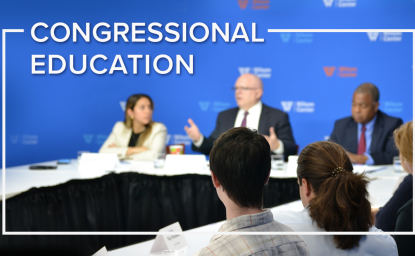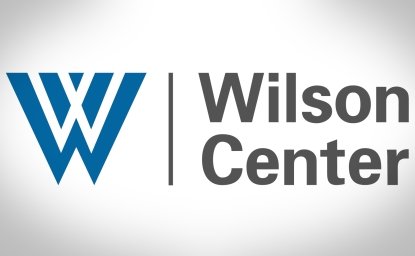The Latest
Canada expects:
- It may play role as “bridge builder” between the United States and others
- Proactive engagement with the U.S. on a range of domestic issues
Q: What is the greatest challenge facing the United States’ relationship with Canada?.
A: No two countries are more closely linked than the United States and Canada. Canada buys more U.S. exports than any other country in the world. Economic ties to Canada are responsible for nearly 5 percent of U.S. employment and 6.5 percent of GDP. Canada and the United States are partners in The North American Aerospace Defense Command (NORAD) and have institutionalized security mechanisms running several layers deep. The two countries have occasional differences over commercial or trans-boundary issues, but there are very few real problems. Canada and the United States have an interest in the defense and prosperity of their shared geographic space, but Canada has a distinctive way of achieving its foreign policy goals: “soft power diplomacy”, characterized by consultation, mediation and accommodation.
Q: Could Canada be a “Wing Man” for President-elect Donald Trump?
A: As Mr. Trump seeks to reconfigure the United States’ relationship with the world on interest based terms, a strengthened partnership with Canada could help the U.S. achieve its goals and ensure that promotion of interests is not misinterpreted as aggression by U.S. foreign partners.
Through its role as a middle power, Canada can have conversations with allies and adversaries that the U.S. simply cannot without provoking a defensive or hostile response. As a bridge builder, Canada can help the U.S. to develop the full spectrum of negotiating options through dialogue, exploration of options and consensus building with key interlocutors. In the language of negotiation theory, Canada’s more cooperative- approach can help to make the competitive bargaining strategies of the United States more successful.
The interests of the United States and Canada are closely aligned: security, prosperity, and opportunity for those excluded by traditional channels of influence. While Prime Minister Justin Trudeau and President-elect Donald Trump have distinctly different styles, the two, working in concert, may be a highly effective team for achieving joint objectives with third parties, such as the European Union and China.
Q: Will Justin Trudeau and Donald Trump be able to work together to further mutual interests?
A: Those who doubt Prime Minister Trudeau’s ‘sunny ways’ will be compatible with President-elect Trump would do well to remember that Mr. Trudeau is also his father’s son. Canada’s Prime Minister for nearly 15 years, Pierre Trudeau was outspoken, did not back away from confrontation, and maintained productive relationships with world leaders of all political stripes.
On the domestic front, As President-elect Trump seeks to reinvigorate the U.S. economy and perimeter security, Canada can be a useful source of ideas and collaboration on priorities such as efficient energy distribution, freshwater stewardship, innovation, skills-based immigration, and community-based sponsorship of refugees. Proactive engagement with the U.S. on a range of domestic issues will be critical for Canada under the new presidency. Now, more than ever, the old saying holds true: “If you’re not at the table, you might be on the menu.”
Guest

Executive Director, Future Borders Coalition

Canada Institute
The mission of the Wilson Center's Canada Institute is to raise the level of knowledge of Canada in the United States, particularly within the Washington, DC policy community. Research projects, initiatives, podcasts, and publications cover contemporary Canada, US-Canadian relations, North American political economy, and Canada's global role as it intersects with US national interests. Read more

Explore More
Browse Insights & Analysis
Promoting Convergence in US-Brazil Relations

360° View of How Southeast Asia Can Attract More FDI in Chips and AI

Israel Escalates Attacks in Gaza: What’s Next?



